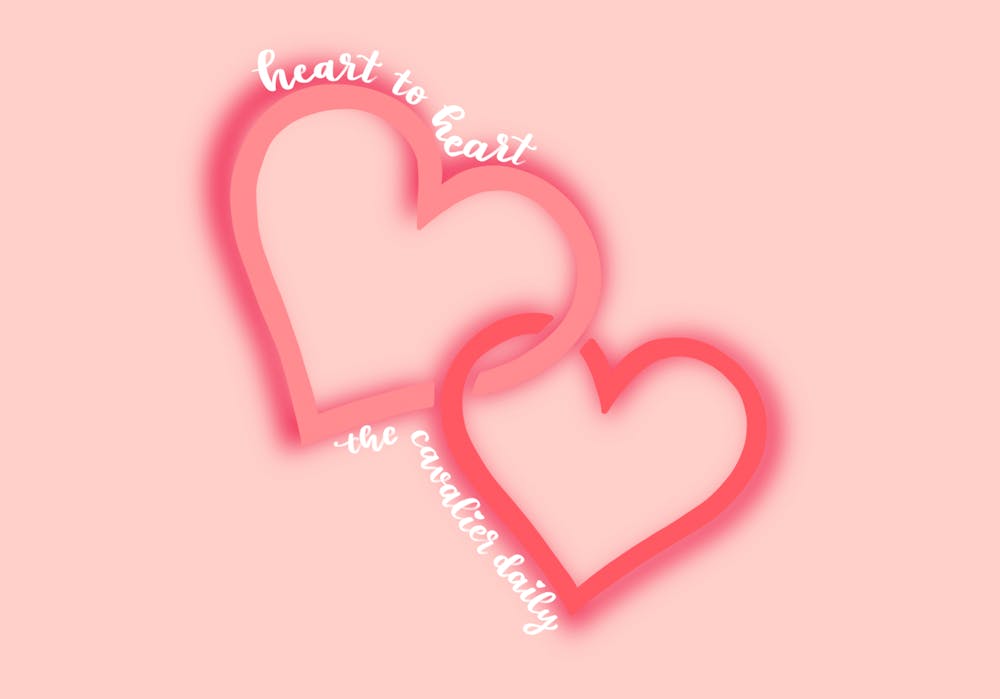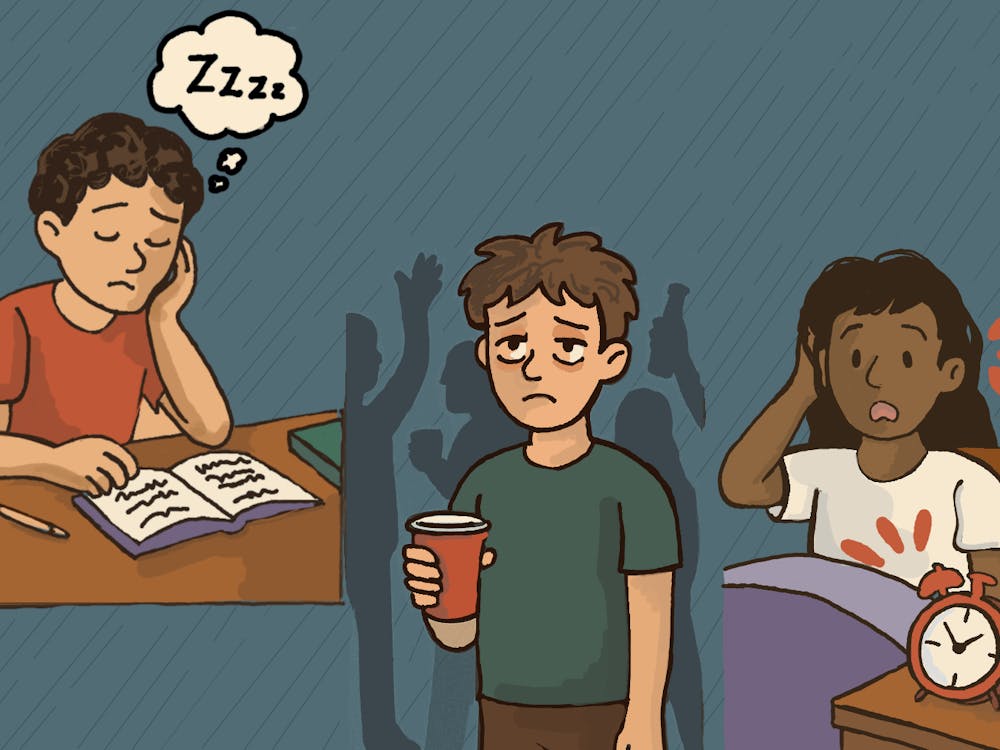1. I’ve liked one of my best friends for years now, but I’m not sure if she shares romantic feelings for me. How do I escape the so-called “friend zone?” Is it possible to be more than friends? Should I tell her how I feel? I don’t want to make things awkward.
Ah, yes, the age-old question. I think that with every friendship, there is a spectrum of how “friend” your friend really is. For example, there are some friendships that seem suspended by sexual tension, and there are some where the thought of kissing the other person just feels wrong. And there are those where you really can’t say how it would feel until it happens. Obviously, you seem to have romantic feelings for this person. The next step is figuring out where your friend views you on this range.
In practice, I’d suggest planting the seeds for romantic activities and gauging their response. How do they react when you ask to do something with just the two of you? Are they always inviting their friends? How much time do you two spend together without others and how do those interactions feel? Try to be cognizant of these hints before you make any rash decisions or declarations.
Just as the word “zone” implies, I think we can also think of this as a friend “lane.” If you are driving on a highway, let’s say, side-by-side with another car, and you decide to switch into their lane suddenly, there’s going to be a collision. If you want to shift over, there legally needs to be a turn signal — a clear blinker for an appropriate amount of time — so that the other driver will not be taken by surprise. Recall from Driver’s Ed that subtle, gradual movements are safest and most effective.
The extended metaphor is also to say this — try not to blind-side this person. They might not let you merge out of the friend zone, and they, of course, reserve that right. They may be content with your relationship as it stands now, and such a change could cause anxiety. But that’s not to say it’s not worth trying. If done cautiously, you can both merge and move happily in the same direction together.
Ultimately, if you're a considerate, unassuming and friendly driver, you might get where you want to go.
2. Not to sound mean, but my best friend’s boyfriend is an a—. We all know she could do better, and it’s hard to see someone we love continue to go back to this guy after they’ve broken up several times. How can I not let this hurt our friendship?
Seeing someone you love settle for treatment you know they don’t deserve is one of the most frustrating experiences, especially when you’ve likely offered advice, and they’ve continued to make the same decisions that hurt them — and you.
I’m assuming the “we” here is referring to other friends of yours, and that you’re all feeling similarly. The first thing you all should be prepared for is that your friend may stay with that person, and if they do, they’ll still want to tell you about their problems in the relationship. Let them. Your role as a friend is to be an emotional support system. Offer them comfort — not a solution. Try to minimize the opinions you share about their boyfriend.
In my experience, it is really common that even after the most exhausting and dramatic break-up, they’ll return to this person. Make sure you give them the room to do so, otherwise they won’t feel comfortable coming to you for advice or seeking your support anymore, which will remove them even more from you and your friends. The more isolated someone is in a relationship, the more likely they’re going to stay in one that’s not right for them.
Easier said than done, but lead with compassion — for yourself, your friends and whatever a— is in the mix.
Heart to Heart is a regular column written by Life columnists Katherine Schwartz and Jenna Onetto. To submit a question, fill out this form and our columnists will do their best to address it in an upcoming issue.







